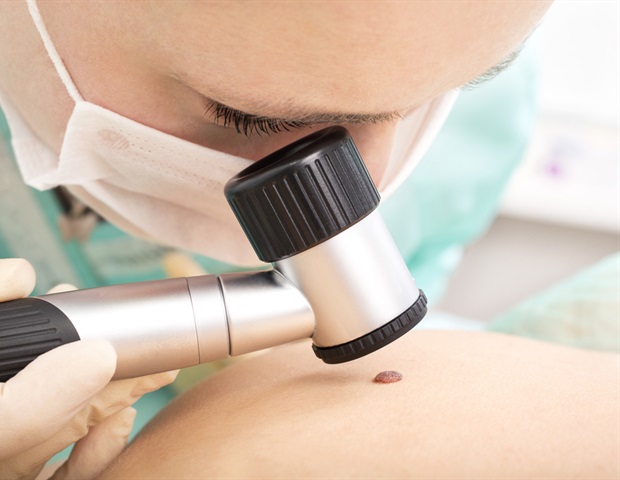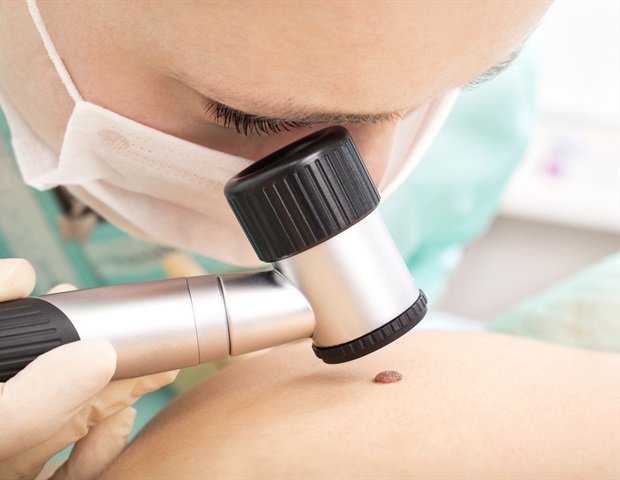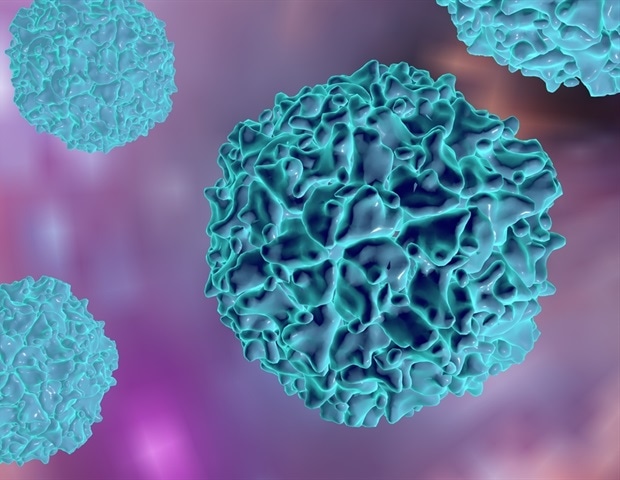
Dr. Niklas Klümper, resident at the Clinic for Urology and working group leader at the Institute for Experimental Oncology at the University Hospital Bonn (UKB), was awarded the C. E. Alken Prize in recognition of his outstanding scientific uro-oncological work. The 30 -year-old is investigating which patients with metastatic bladder cancer benefit from a new oncological form of therapy, the antibody-drug conjugates, in order to be able to use these promising drugs efficiently. His new findings were published this December in the renowned oncology journal Clinical Cancer Research.
Chemotherapies used to treat aggressive advanced and metastatic urothelial carcinoma are often associated with many side effects. Recently, a new class of drugs, called antibody-drug conjugates, have been approved for patients with metastatic urothelial carcinoma. Antibody-drug conjugates consist of an antibody directed against the tumour cell surface conjugated with a highly toxic chemotherapeutic agent. This combines the selectivity of targeted antibody therapy with the cytotoxic potential of conventional chemotherapy, representing an innovative and new oncological therapeutic approach.
Use of antibody-drug conjugates
The Department of Urology at the UKB is also using this new drug to treat patients with metastatic urothelial carcinoma.
Enfortumab vedotin is the first approved antibody-drug conjugate and a very promising drug for the treatment of patients with metastatic urothelial carcinoma. However, we still understand little about who really benefits from this therapy, which can also cause severe side effects such as skin irritation or nerve disorders.”
Dr. Niklas Klümper, assistant physician at the Clinic for Urology at the UKB
Targeted therapy does not reach all tumor cells
“We were able to show for the first time that the surface molecule for the targeted delivery of the chemotherapeutic agent in metastatic urothelial carcinoma is often decreased or absent. Lack of this surface structure, which can be detected by conventional immunohistochemistry, is associated with resistance to enfortumab vedotin, so these patients may be better treated with alternative therapies. Our work is therefore a step towards precision oncology for patients with metastatic urothelial carcinoma”, says Dr Klümper. His goal is to ensure that these potentially toxic drugs are only used for patients who can also benefit from the therapy.
Award for outstanding research
For his highly relevant findings for more precise therapy of urological tumour patients, Dr. Klümper was awarded the prestigious C. E. Alken Prize in November 2022. The C. E. Alken Foundation promotes clinical and experimental research in urology by awarding an annual prize for outstanding scientific work to excellent German-speaking researchers who have made a significant contribution to the field of urology. “This award is of outstanding importance in the urology field. The fact that Dr. Klümper receives this award as a young resident is special and speaks once again for his significant and highly innovative research into the therapy of bladder cancer,” says Prof Manuel Ritter, Director of the Clinic for Urology and Paediatric Urology at the UKB.
Dr. Klümpers’ experiences with the new drug, which could be highly relevant for treatment, are shared with a network of other university hospitals and clinics as part of the studies, so that they reach as many patients as possible as a therapy optimisation.
Source:
University Hospital of Bonn (UKB)
Journal reference:
Klümper, N., et al. (2022) Membranous NECTIN-4 expression frequently decreases during metastatic spread of urothelial carcinoma and is associated with enfortumab vedotin resistance. Clinical Cancer Research. doi.org/10.1158/1078-0432.CCR-22-1764.









